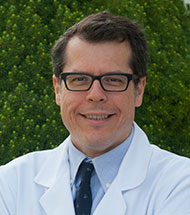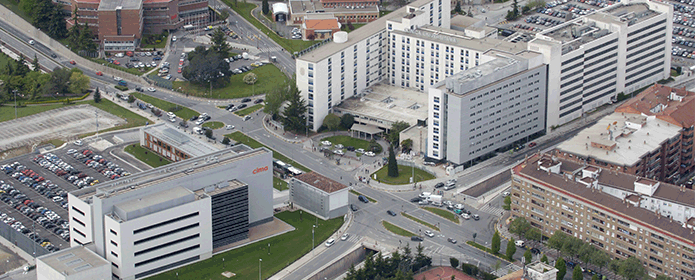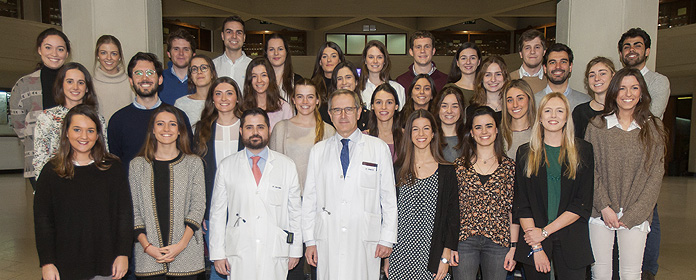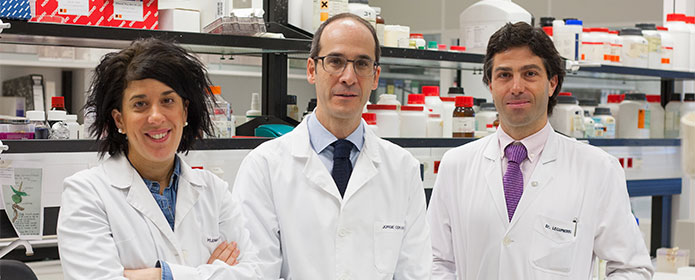Dr. Matías Ávila, co-organizer of congress of liver biology of reference letter international
The researcher of the CIMA and Full Professor of the University is the first Spaniard to participate in the committee organizer of the congress of hepatic biology of the FASEB.

Dr. Matías Ávila, director of the Hepatology Program of the research center Applied Medicine (CIMA) and Full Professor of the University of Navarra, is co-organizer of the main congress of international liver biology, which will be held from June 26 to July 1 in Florida (USA). He is the first Spaniard to participate in the committee of this scientific meeting of the Federation of American Societies for Experimental Biology (FASEB), which has been held every two years since the mid-1980s.
The congresswhich will bring together 240 researchers from around the world, will address the latest advances in the study of liver metabolism in its normal and diseased state, the mechanisms of liver regeneration and the development of cirrhosis. This edition will pay special attention to the approach to non-alcoholic fatty liver disease, a pathology that is reaching epidemic proportions in our society, and that contributes to the development of diabetes and atherosclerosis. New approaches to the treatment of liver cancer will also be presented. "Being part of the organization of this congress, together with Professors Shelly Lu, from Cedars Sinai Medical Center, Los Angeles, and Robert Schwabe, from Columbia University, New York, is both a privilege and a great challenge, and contributes to give greater international visibility to the research of the campus biomedical of our University", explains the researcher of CIMA.
A centennial federationThe Federation of American Societies for Experimental Biology (FASEB) was founded in 1912 as a forum for work to promote research in biology. Today, it represents 30 scientific societies and more than 125,000 researchers worldwide.




